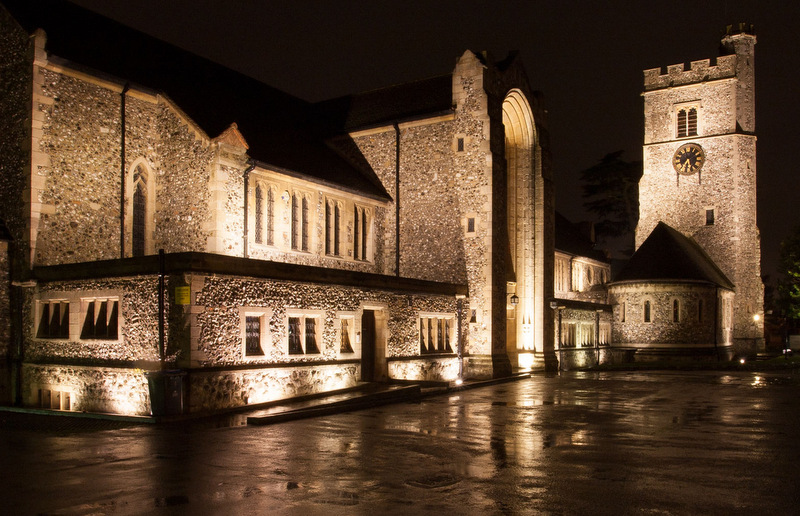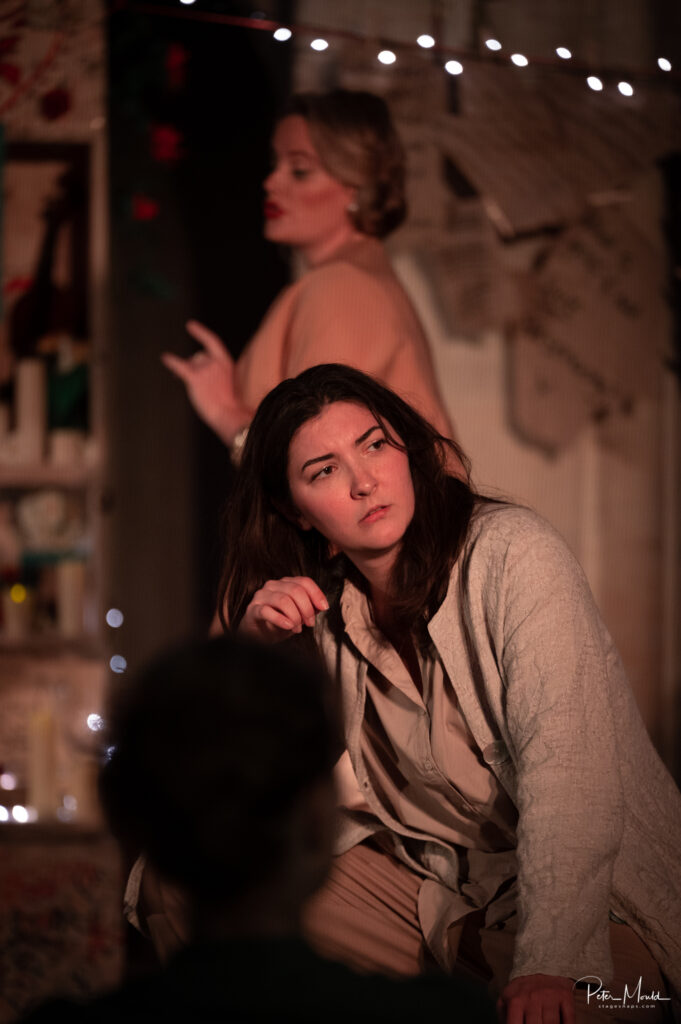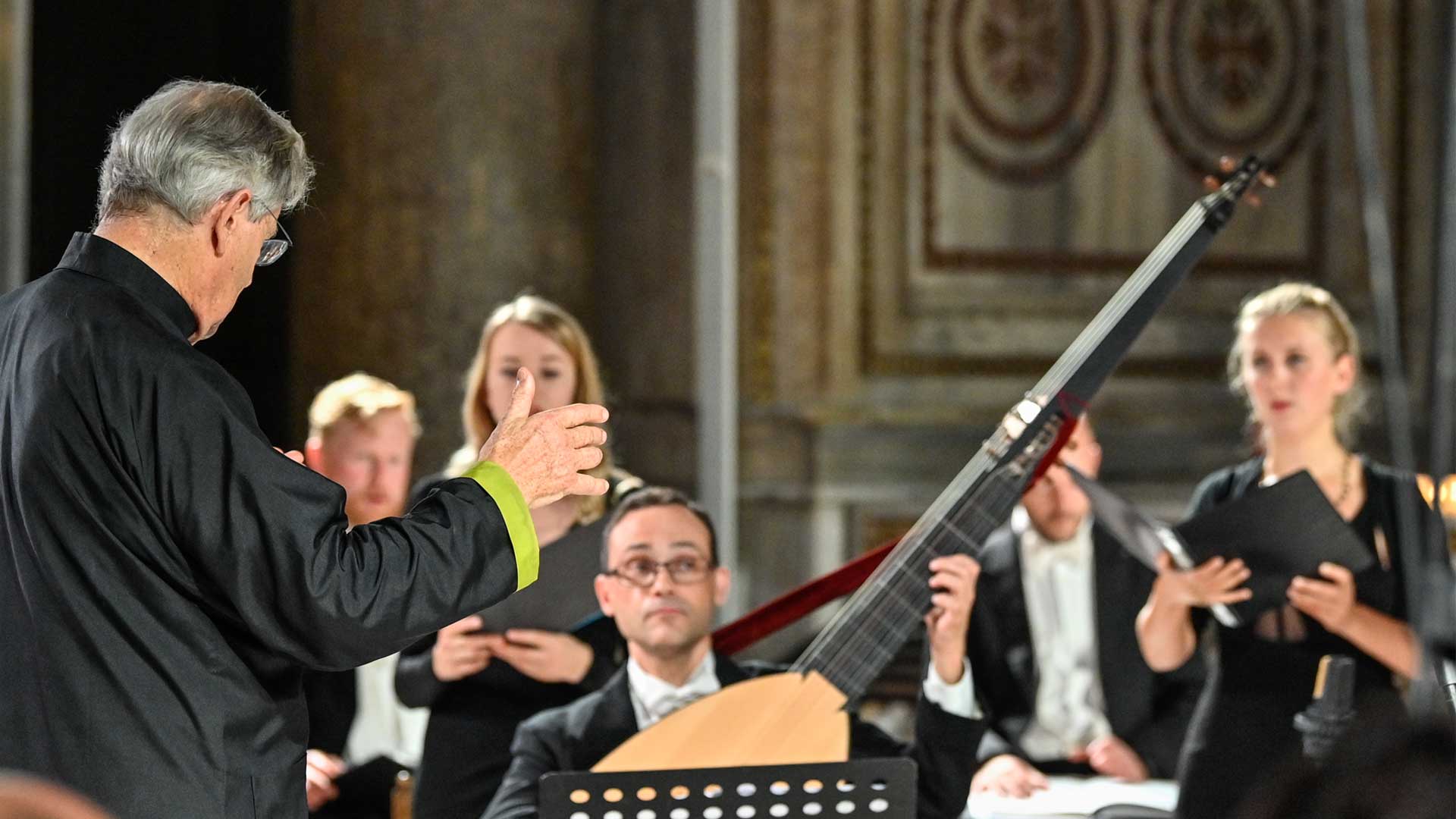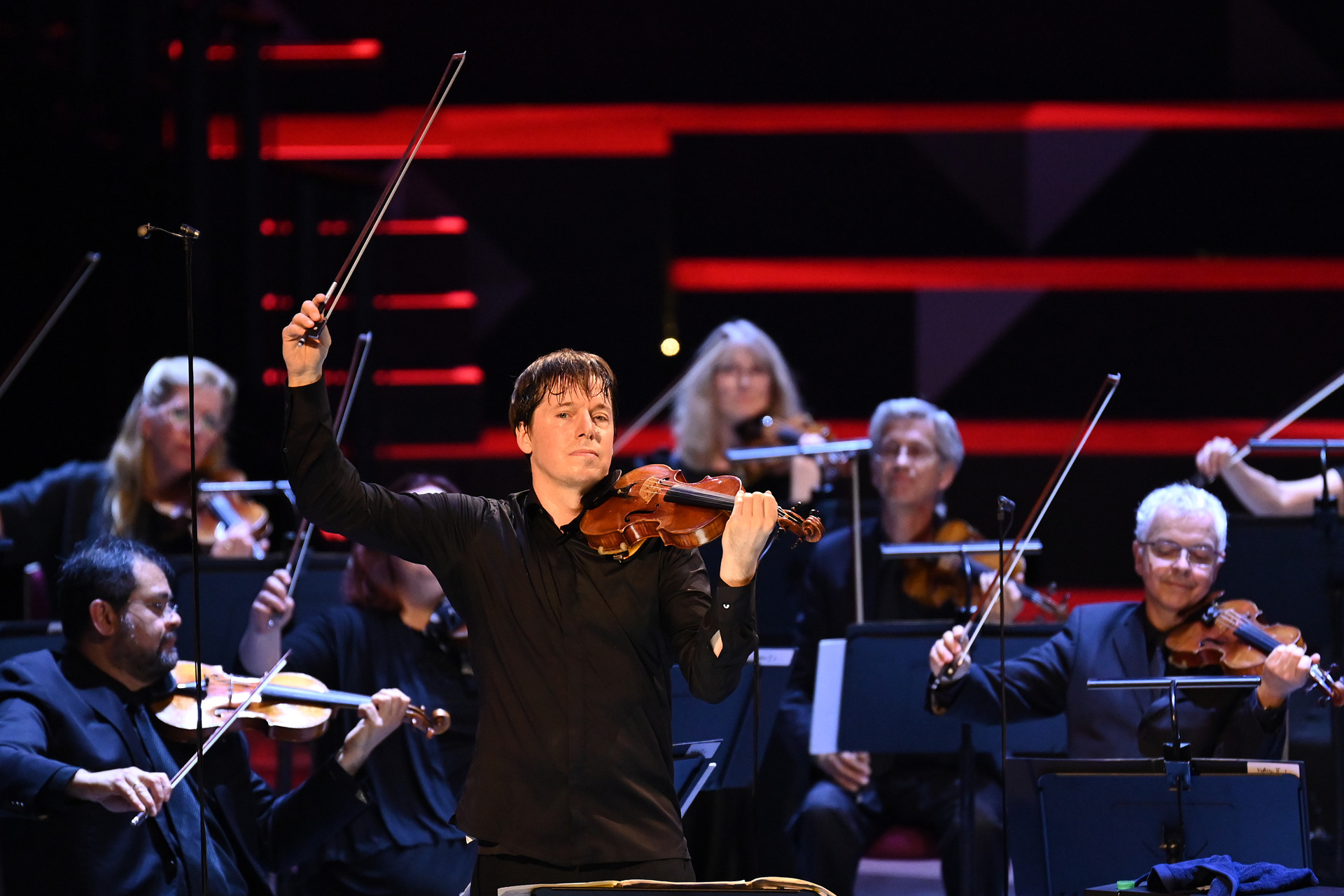 The last of the four concerts which formed this weekend-long festival was a beautiful piece of synergistic programming. First we got Schumann’s Piano Quartet op 47 written in 1844 when the composer was 34. Then came Piano Quintet op 34 by Brahms first aired in 1865 when its composer was 32. Of course the two men knew each other well. Schumann championed the young Brahms and, famously, Brahms’s fondness for Clara Schumann lasted for the rest of his life.
The last of the four concerts which formed this weekend-long festival was a beautiful piece of synergistic programming. First we got Schumann’s Piano Quartet op 47 written in 1844 when the composer was 34. Then came Piano Quintet op 34 by Brahms first aired in 1865 when its composer was 32. Of course the two men knew each other well. Schumann championed the young Brahms and, famously, Brahms’s fondness for Clara Schumann lasted for the rest of his life.
And yet, separated by only 21 years these two works are very different and the group of top flight musicians led by Benjamin Grosvenor at Bromley Parish Church made sure that we noticed every nuance.
The Schumann was played by Grosvenor with Hyeyoon Park (violin). Timothy Ridout (viola) and Bartholomew LaFollete (cello). So attuned to each other are they that it felt like eavesdropping on a conversation – there is something very personal about chamber music played well. I admired the warm intensity they brought to the opening movement, the precise delivery of the scampering semiquavers in the scherzo and the majesty of the fugue in the finale. The highlight though, as usual with this work, was the sublime lilting 3|4 melody of the andante which these four played with gentle passion.
A different line up for the Brahms meant that Grosvenor and Park were joined by Raja Halder (who directed this delightful festival) playing second violin and Laura van de Heijden on cello. It was a fine rendering of this rather sombre work with lots of F minor melancholy delivered with plenty of dramatic tension in the first movement. In his introduction Grosvenor mentioned that the andante is clearly influenced by Schubert and yes, this quintet leaned on the rueful Schubertian insouciance before settling into Brahmsian richness. There was some especially lovely cello work from van der Heijden. And so to the portentous and then frenzied scherrzo played with all the right energy and stamina before the soulful finale opening. It was the contrasts they handled so well – taking this movement through its dance melody section to the well articulated anger at the end.
One of the remarkable things about this feisty festival is that, although these players clearly know each other very well they don’t work together regularly as a quartet or quintet – and yet the results were stunning. Lucky Bromley and Beckenham. I’m looking forward to next year already.
Susan Elkin



 This neat double bill sets a pared down version of Gluck’s 1762 three act opera alongside Mascagni’s 40 minute Zanetto (1896) and it makes a pleasingly accessible evening of opera, running less than two hours in total. Surtitles clarify the storytelling so that we can enjoy the musicality of the original Italian.
This neat double bill sets a pared down version of Gluck’s 1762 three act opera alongside Mascagni’s 40 minute Zanetto (1896) and it makes a pleasingly accessible evening of opera, running less than two hours in total. Surtitles clarify the storytelling so that we can enjoy the musicality of the original Italian.
 This concert presented High Romanticism in several guises. And that meant lots of emotion and more beautiful melodies than you could shake a stick at – all under the baton of a holistically inclined conductor who places the music centre stage rather than resorting to showy, look-at-me gesturing.
This concert presented High Romanticism in several guises. And that meant lots of emotion and more beautiful melodies than you could shake a stick at – all under the baton of a holistically inclined conductor who places the music centre stage rather than resorting to showy, look-at-me gesturing. Sir John Eliot Gardiner is, quite literally an inspiration. He breathes music into his players and singers with wondrous results. As someone said to me afterwards it would have been worth the ticket price just for the Conquassabit passage in Handel’s Dixit Dominus – with its dramatic announcement pause and then a whole series of superbly articulated, staccato entries. It was an edge of the seat moment. And Sir John achieves all this without fuss or flamboyance – just fluidity of the wrists, mouthing the words and the unfussy force of personality. This, astonishingly, was his 60th appearance at the Proms.
Sir John Eliot Gardiner is, quite literally an inspiration. He breathes music into his players and singers with wondrous results. As someone said to me afterwards it would have been worth the ticket price just for the Conquassabit passage in Handel’s Dixit Dominus – with its dramatic announcement pause and then a whole series of superbly articulated, staccato entries. It was an edge of the seat moment. And Sir John achieves all this without fuss or flamboyance – just fluidity of the wrists, mouthing the words and the unfussy force of personality. This, astonishingly, was his 60th appearance at the Proms.

